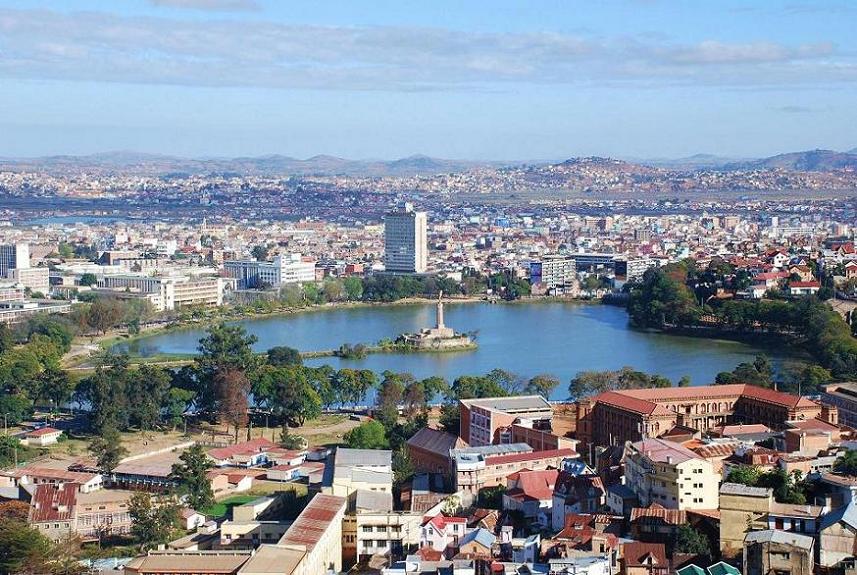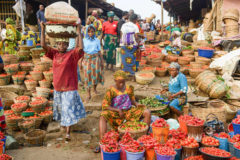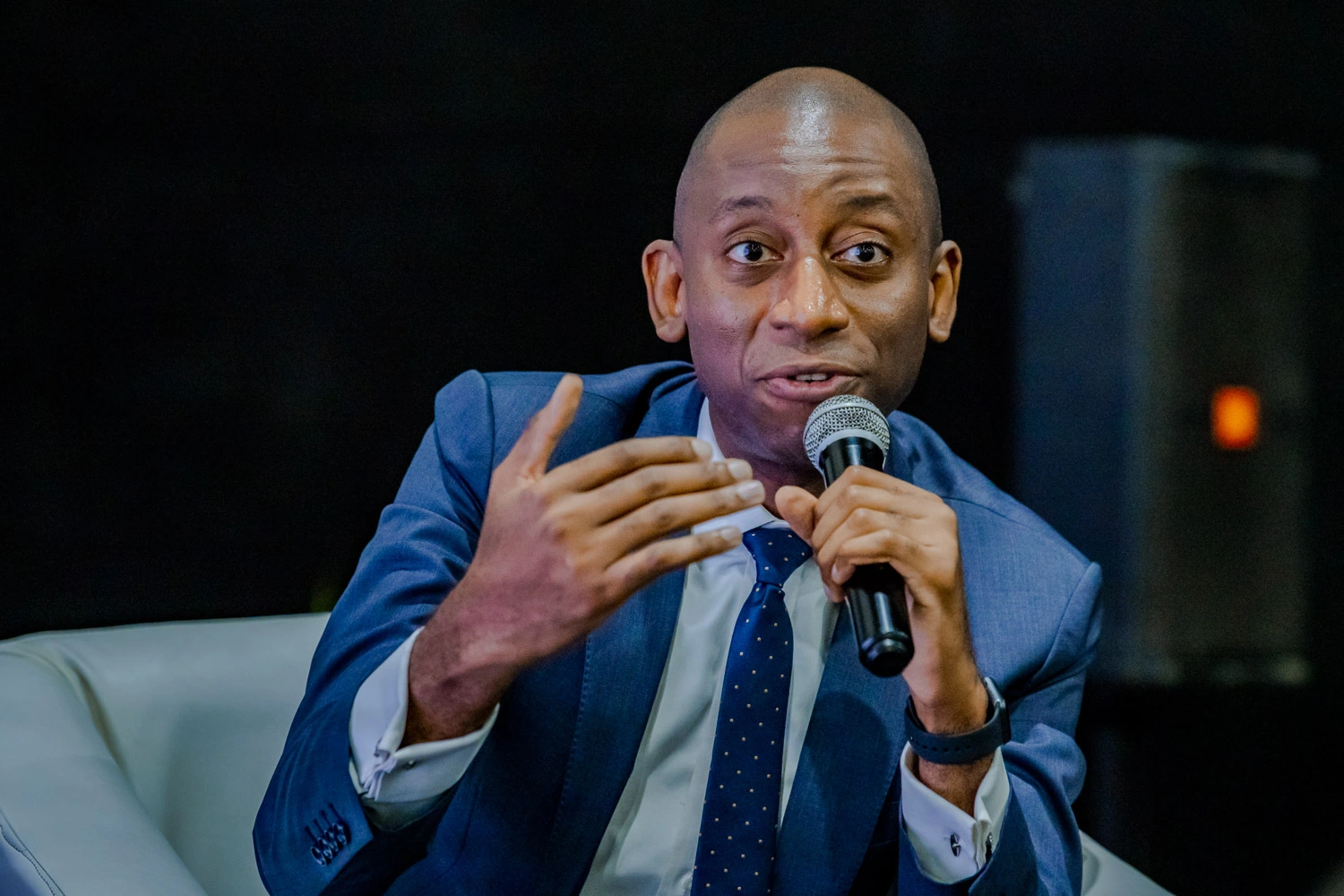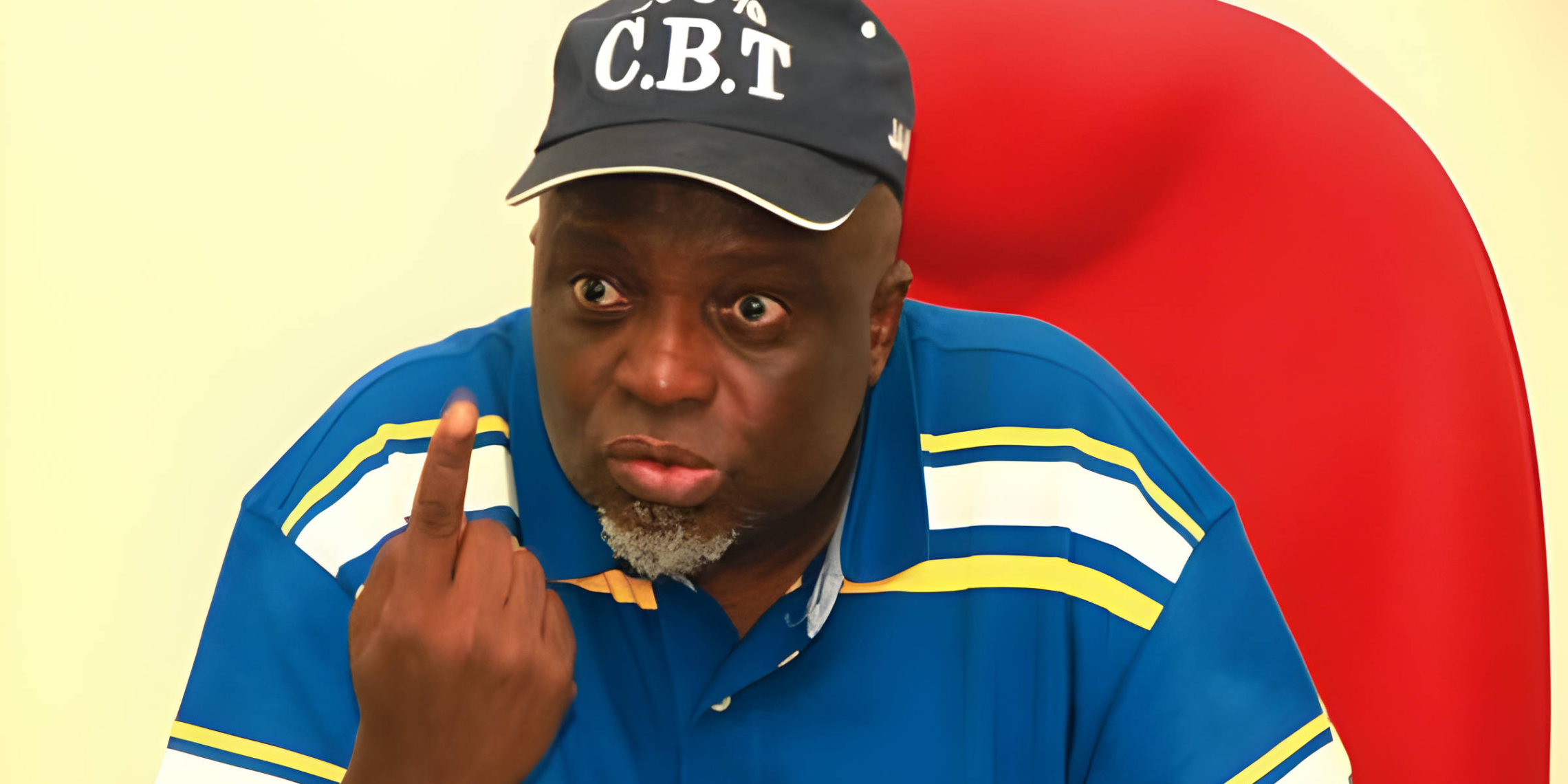MFS Africa, the largest pan-African digital payments network, announced last week that it is partnering with Western Union to power the cross-border flow of money from over 200 territories into Africa, starting with Madagascar. The company’s decision to pilot such an important service in a relatively small market where its footprint is lighter has raised questions among several fintech enthusiasts across the continent.
Having played in the remittance industry for years alongside gritty competitors like NALA, Pesapeer, and Afriex, MFS Africa might glean some more competitive advantage from partnering with the global money transfer behemoth Western Union. Yet, the question remains: why pilot with Madagascar?
Madagascar is bullish on mobile money
Like its East African neighbours Kenya and Tanzania, Madagascar is riding a mobile money wave that has seen traditional banking lag behind in the region. Between 2013 and 2016, mobile money subscriptions doubled to reach over 4.6 million users, a fifth of the population at the time. Within the same period, less than a million Madagascans operated bank accounts. This reflects the state-wide preference for mobile banking solutions.
Madagascar, a largely rural country with a prime focus on agriculture, is sparsely populated. The country averages only about 36 inhabitants per square metre, making it difficult for traditional banks to set up branches near users as that would hardly be cost-effective. This disadvantage, however, proved to be a boon for telcos—like Telma, Orange, and Airtel—who began to power financial services in the region. Soon after, banks started playing catchup with agency banking solutions.
According to the International Finance Corporation (IFC), Madagascar now has over ten million mobile money users, representing over a third of its population. That number is set to grow as more Madagascans get comfortable with the suite of solutions mobile money has evolved to offer in the region—including payments, savings, wallet management, and paperless credit facilities.
To make this happen, mobile money operators have had to partner with financial institutions and innovate financial inclusion projects that impact grassroots communities. Airtel and Bank of Africa teamed up to provide financial services to farmers, the traditional bank clientele, while Orange partnered with Première Agence de Micro-Finance (PAMF) to provide microloans.
Speaking to the success of mobile money credit products in Madagascar, Mathieu Berthelot, CEO of Orange Money Madagascar, said, “Madagascar is among the African and Indian Ocean countries where digital credit products, going from just a few dollars to several hundred dollars, have been the most successful.”
“Mobile money has already become the main tool for financial inclusion in Madagascar and it has been a game changer for so many people,” he added,
Madagascar demands, France supplies
Madagascar might be a relatively smaller African market, but its historical connection to France, its coloniser and major investor, makes it a hotspot for remittances from France. Also, Western Union, though an American company, operates a huge market in France, thereby creating a wide-enough pool of potential users for the pilot phase in Madagascar.
“[Madagascar is] also a big receiver of remittances from France – traditionally a strong market for Western Union,” MFS Africa’s Managing Director, MTOs, Kumar Shourav, said to TechCabal. “Eventually we will roll out this partnership to cover all countries in Africa through MFS Africa’s strong and direct connection with mobile wallet players in all these markets,” Shourav added.
In addition, Shourav confirmed to TechCabal that before this partnership, Western Union did not have an existing connection with the mega mobile money operators in Madagascar, such as Airtel Money and Orange Money. But now, by connecting to MFS Africa’s ever-expanding API suite, the global money transfer behemoth can facilitate instant remittances into Malagasy wallets.
Over the past 5 years, MFS Africa has doubled down on its vision to solve the fragmentation in Africa’s money transfer market and “provide an API that makes Africa look like one country.” Global names including MoneyGram, WorldRemit, and Xoom, Paypal’s money remittance service, have plugged into MFS Africa’s vast interoperable network of money transfer companies.
Presently, MFS Africa reportedly connects over 400 million mobile money wallets and 200 million bank accounts across 35 African countries, with a vision to cover the whole of Africa in years to come.
“We want to make sure there is always a digital pathway for a phone number to receive money in Africa,” Dare Okoudjou, MFS Africa’s CEO, said to TechCabal.




















